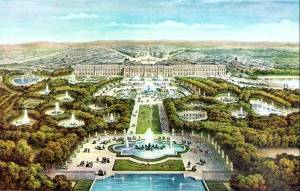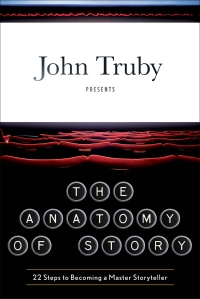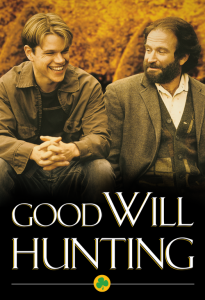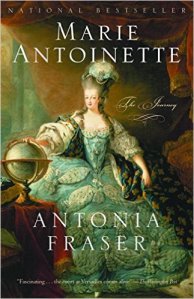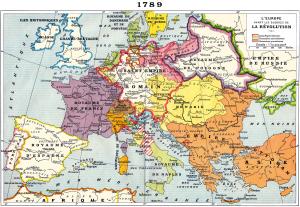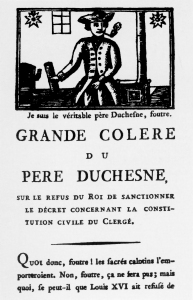Working on my novel
Versailles.
Three types of work:
- Working on storytelling, the plot, the characters and the conflicts. Currently working with the excellent Anatomy of story by John Truby. I watched Good Will Hunting a few days ago and noticed that it really applies perfectly. You’ve got a main character with a ghost (a haunting past, aka backstory) that won’t be revealed until the end and you’ve got two other characters that have conflicting values. The psychology professor played by Robin Williams thinks that he has had a sucessful life because it is meaningful and important for him to have sacrificed his career to take care of his late wife. The math professor values success and status and thinks that his life is on the right path because he got the Fields Medal. Will Hunting is a lost genius who is made to choose between those two big values : success or love and he is so broken because of his past (ghost) that he cannot choose and prefers to joke around and stay in a dead-end job. The ally (his best friend) then tells him that he needs to do something about his life. Eventually, the ghost is revealed and all the characters change for the better : the psychology professor decides to stop relishing in his depression and do something with his life, leaving the door open for a new person to love; the math professor decides to give friendship a chance and Will Hunting chose love over a high-paying career (for now at least) because the psychologist showed him that you cannot regret choosing love even if it hurts but you are definitely missing out on something if you dismiss it.
It is an important part of the work for me because I realized that the formulas really do work and that it doesn’t make the story any less real and poignant.
2. Working on the historical background
As I’m writing a historical novel, I cannot skip that part but I guess every type of novel and fiction implies some level of research anyway. It is a really fascinating part because I’m a historian and I really enjoy reading academic articles, phd theses and books. At the moment I’m reading on homosexuality in 18th century France and general books on the French Revolution. I also watch documentaries (Vigée-Lebrun) and movies (Amadeus). I read Marie-Antoinette’s biography and now I’m reading Robespierre’s. It is really inspiring because I need to know what is possible in my story world and even though it is not possible to be entirely historically accurate when writing 2 centuries later, I still hope to avoid major anachronisms.
I’ve just ordered a book on the condition of Black People in France during the 18th century.
3. Working on the style
Again, this work is probably all the more important since I intend to write it in 18th century French. The narrator doesn’t have to always use that type of classical French but I would like my dialogues to be as well-written as humanely possible. I know by heart how they speak in Les Liaisons Dangereuses by now, so I’m broadening my horizons now by reading some Rousseau La Nouvelle Héloïse and also Le Père Duschene which was a far-left paper during the French Revolution. This part is extremely fun and absolutely demanding.
I said it. It is written
Genesis is the Prophetic Bubble Bubble (Alternative role : Taxpayer number 2)
Flaminou is the Accidental Robespierre (Alternative role : Taxpayer number 1, the original)
Naomi is the Occasional antichrist
I can’t believe she is a grown-up. I refuse to believe this!
Naomi and Genesis
The lion queen
Flaminou makes me feel loved
Naomi and the tree of suspension of disbelief
Naomi, the laptop cat
Naomi, the cutie!
I love my new kitty cat. She’s such a perfect little girl. Very energetic.
She is Genesis’s niece.
